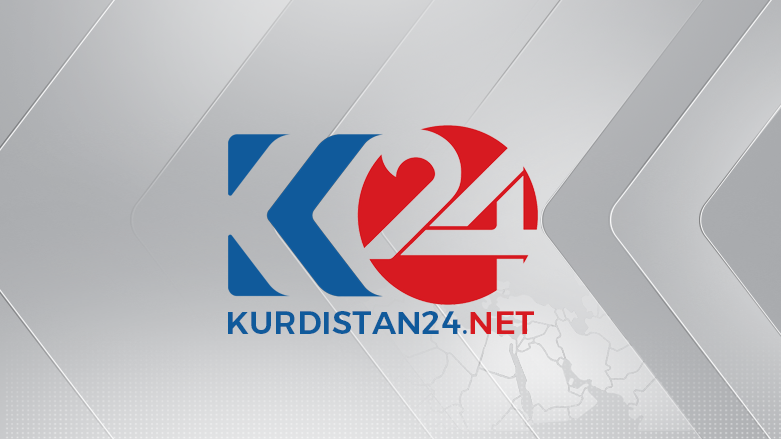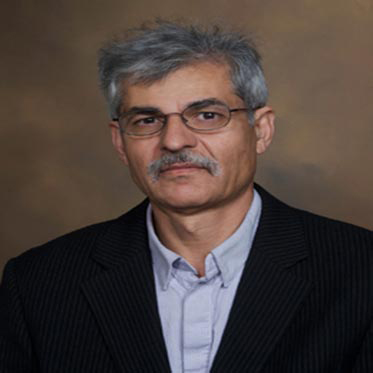The Islamic Republic's Water Wars against KRG and the Paris Climate Summit of 2015

As the world was contemplating the calamitous effects of global warming in the recent UN climate change summit in Paris, very few were aware of the ominous future that awaits the Kurdistan Region of Iraq (Southern Kurdistan). As expected, the stateless Kurds were not represented in this important global conference. Their lack of representation means they were deprived of the chance to inform the world how the hegemonic neighboring states are voraciously drying up the Kurdish water resources and creating immense environmental degradation and destruction.
Countries such as Iraq, Turkey, and Iran had ostensibly submitted their proposed action plans to the UN Framework Convention on Climate Change before the summit, concealing their exploitation and mismanagement of the environment and water resources.
No Kurdish leader or environmentalist was present in this global conference to raise concerns about how water policies of their neighbors are threatening the survival and sustainability of a significant part of Greater Kurdistan.
While the Turkish delegation’s main mission was to beg for financial assistance “to mitigate” its climate problems, the Vice President of the Islamic Republic, Masoumeh Ebtekar, cited a Quranic verse to conceal ecological transgressions the Islamic Republic is notorious for. The fact of the matter is that neither Turkey nor Iran is practicing what they preach.
For instance, the Tigris and Euphrates—the very bloodline for Kurds—is being exploited by the Southeast Anatolian Project in Turkey, leaving a trail of destruction that has caused havoc for the material, cultural, and historical continuity of Kurdish cities such as Hasankeyf. Needless to emphasize, such grand pseudo-projects of dam constructions have also irrevocably threatened the lives of millions of people in Syria and Iraq.
Moreover, the Islamic Republic of Iran is creating an ecological disaster in Southern Kurdistan as it has throughout Iran. It is drying up the Sirwan River, an ancient river originating from the Zagros Mountains in Eastern Kurdistan (Iranian Kurdistan), meandering through a span of 277 miles to flow into the Tigris. As Omar Haji Enayat ominously warned in the Kurdish parliament, “There will be no trace of the Sirwan next spring. As long as the earth came to be, the Sirwan had originated from Eastern Kurdistan, and its tributaries have pierced through mountain ranges of Hawram, Shenroi, and Balamboi, to descend on the vast plains of Garmyan. Since 1959, the river has supplied water to the Darbandikhan dam.”
In violation of all international laws, since 2012 the Islamic Republic has built diversion channels thus limiting the natural flow of the Sirwan. This encroachment will bring about utter devastation to an already vulnerable area. The river and its tributaries have served and sustained agricultural communities along the river for centuries in Eastern and Southern Kurdistan. The Iranian government’s overuse and mismanagement of this precious water resource has posed a serious threat to the economic and cultural survival of the many communities that live upstream and downstream.
What seems to be inevitable will destroy the economic and ecological foundation of an already fragile region that has survived and thrived along the Sirwan since antiquity. This outcome in turn will contribute to new forms of oppression and famine; hundreds of thousands of people will be deprived of water, food, irrigation, and sanitation.
Kurdish political parties have yet to recognize the critical significance of the diminishing water and its scarcity as neighboring countries are diverting our water for their own interests in the midst of a severe drought and global warming.
Water more than oil is our life blood, without it, we cannot survive as water helps and safeguards our economy, natural balance of life, our plants, animals, and our very way of life. This is a haunting reality that is probably irreparably threatening the Sirwan, one of the hallmarks of the Kurdistan's beautiful landscape and its indigenous cultures and civilizations, which are based on veneration for nature, its preservation and protection.
The Paris summit would have provided an international forum for Kurdish officials and environmentalists to formally protest the catastrophic ecological implications of the drying up of the Sirwan. Although the Summit is now a lost opportunity for Kurdish environmentalists, we as people of preservation must urgently call for national and international action to end such exploitations.
The Kurdistan Regional Government (KRG) and Kurdish conservationists should not sit idle and allow the Sirwan to be choked as Hasankeyf and its hidden heritage, one of the most ancient cradles of not only Kurdish but also human civilization along the Tigris is doomed to sink under the Ilisu dam in Turkey.
The Sirwan, another resilient river of our land had quenched the thirst of our ancestors, renewed life, and contributed to shaping our way of life. The unraveling environmental disaster created by the Islamic Republic of Iran threatens our very existence. Saving the Sirwan river is an integral part of our struggle for human rights and the right to self-determination.
Dr. Amir Sharifi is the President of the Kurdish American Education Society in Los Angeles, California.
